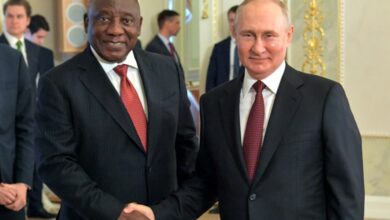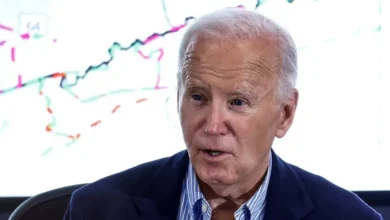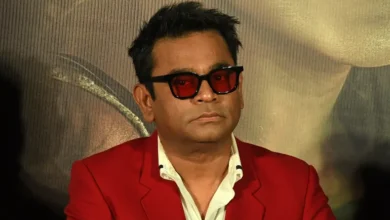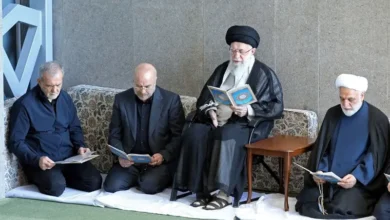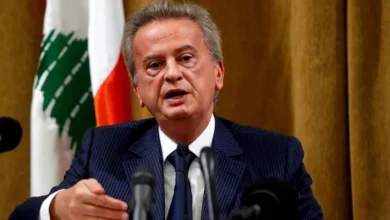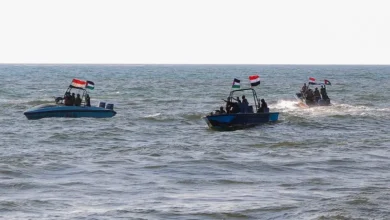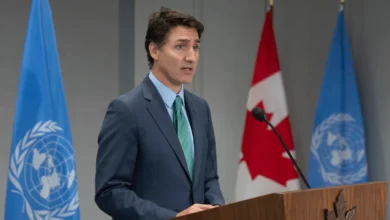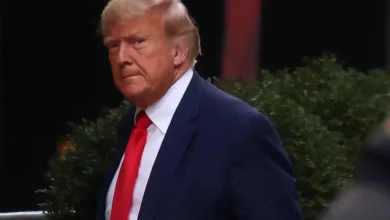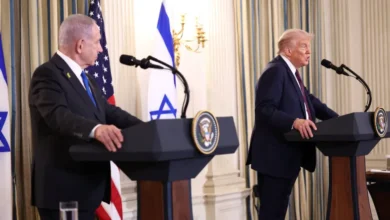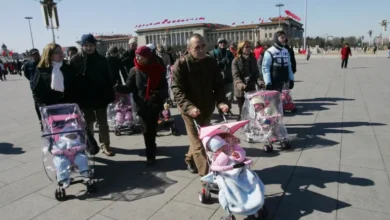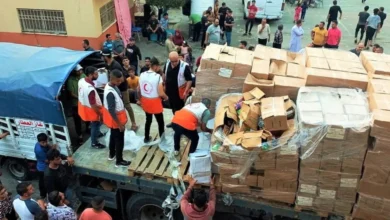NATO will defend members from threat of Wagner forces in Belarus
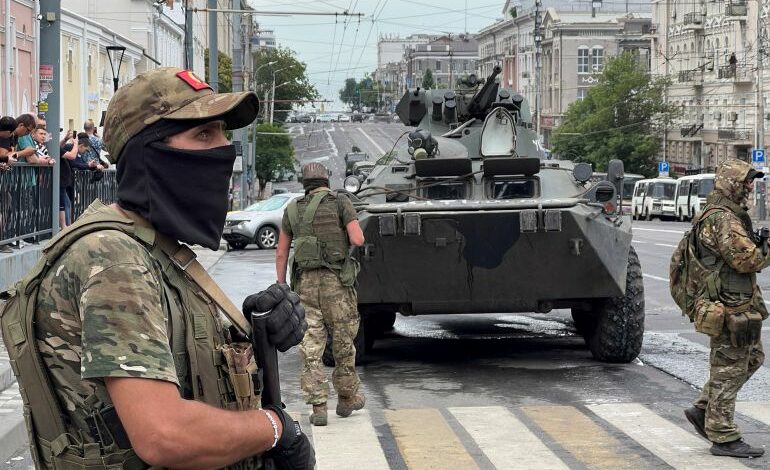
NATO Secretary-General Jens Stoltenberg has said the Western military alliance is ready to defend itself against any threat posed by the move of Russia’s Wagner mercenary force to Belarus amid fears the relocation of the private army could create instability for NATO’s Eastern European members.
Wagner boss Yevgeny Prigozhin was reported to have arrived in Belarus on Tuesday under a deal negotiated by Belarusian President Alexander Lukashenko, which narrowly prevented the mercenaries from marching on Moscow on Saturday after the private army mutinied against Russia’s military leaders.“If Wagner deploys its serial killers in Belarus, all neighbouring countries face even bigger danger of instability,” Lithuanian President Gitanas Nauseda said after a meeting in The Hague with NATO’s Stoltenberg and government leaders from six other NATO allies.
Polish President Andrzej Duda said he hoped the threat posed by Wagner mercenaries to NATO would be on the agenda at a summit of all 31 members in Vilnius, Lithuania, on July 11-12.
“This is really serious and very concerning, and we have to make very strong decisions. It requires a very, very tough answer of NATO,” Duda said.
“If Wagner deploys its serial killers in Belarus, all neighbouring countries face even bigger danger of instability,” Lithuanian President Gitanas Nauseda said after a meeting in The Hague with NATO’s Stoltenberg and government leaders from six other NATO allies.
Polish President Andrzej Duda said he hoped the threat posed by Wagner mercenaries to NATO would be on the agenda at a summit of all 31 members in Vilnius, Lithuania, on July 11-12.
“This is really serious and very concerning, and we have to make very strong decisions. It requires a very, very tough answer of NATO,” Duda said.
“You de facto stopped civil war,” Putin told troops from Russia’s defence ministry, National Guard, FSB security service and interior ministry who gathered in a Kremlin courtyard on Tuesday.
“You proved your loyalty to the people of Russia and the military oath,” Putin said, before holding a minute of silence for the airmen shot down and killed by Wagner forces on Saturday.
In a separate meeting with defence officials, Putin said for the first time that the Wagner Group was wholly funded by the Russian federal budget, despite operating as an independent mercenary force. He added that since the full-scale invasion of Ukraine in February 2022, Moscow has paid the group 86.262 billion rubles (about $1bn) in salaries.
Moscow has said that preparations were under way for Wagner fighters still in Ukraine, who number about 25,000 according to Prigozhin, to hand over their heavy weapons to Russia’s military.
